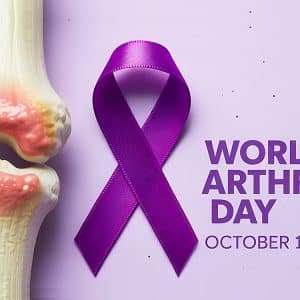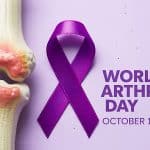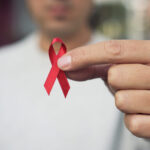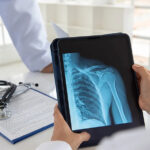AIDS: A Manageable Modern Illness
AIDS is a serious, long-term condition caused by the human immunodeficiency virus (HIV). This virus attacks the immune system, weakening the body’s ability to fight off infections and diseases. Without treatment, HIV can progress to a life-threatening stage.
Warning!
HIV can remain in the body for years without showing obvious symptoms, but it silently damages the immune system over time. Ignoring treatment can result in severe immune failure and life-threatening complications.
Stages of HIV Infection:
Stage 1: Acute Infection
Usually appears 2 to 4 weeks after exposure.
Symptoms may resemble the flu: fever, sore throat, skin rash.
The virus multiplies rapidly in this phase.
Stage 2: Chronic (Latent) Infection
The virus becomes less active but remains in the body.
This stage can last for years without any noticeable symptoms.
Gradual immune system decline begins during this phase.
Stage 3: AIDS (Advanced HIV)
The person is now vulnerable to serious infections like pneumonia or tuberculosis, as well as certain cancers.
The immune system is severely compromised.
Treatment: Hope Lies in Commitment
Antiretroviral Therapy (ART):
Helps control the virus, reduces the viral load, and protects the immune system.
With proper and consistent use, people living with HIV can lead long, healthy, and fulfilling lives.
Preventing Opportunistic Infections:
Taking preventive antibiotics when needed.
Regular check-ups with a health-care provider.
Education and Emotional Support:
Access to counseling can help individuals adjust and cope emotionally.
Educating patients and their families about the condition and available treatments.
Warning Signs to Watch For:
Unexplained and significant weight loss.
Persistent night sweats or ongoing fever.
Frequent or unusual infections.
How Can HIV Be Prevented?
Preventing HIV starts with reducing exposure to the factors that increase the risk of transmission. Key prevention strategies include:
Using male or female condoms during sex: This significantly lowers the risk of HIV transmission.
Avoiding the sharing of needles, syringes, or sharp personal items like razors.
Taking pre-exposure prophylaxis (PrEP): A preventive medication for individuals at high risk of infection.
Getting tested regularly: Especially important for those in high-risk groups, to detect HIV early if present.
Avoiding breastfeeding: In cases where the mother is HIV-positive, to prevent passing the virus to the baby.
How Is HIV Transmitted?
Unprotected sexual contact with someone who is infected.
Sharing needles or sharp instruments contaminated with infected blood.
Receiving infected blood (though this is rare today due to modern screening).
From mother to child during pregnancy, childbirth, or breastfeeding.
Activities That Do Not Spread HIV:
Shaking hands, hugging, or casual kissing.
Sharing food, dishes, or eating utensils.
Being near someone who sneezes or coughs.
Using the same toilet or swimming pool.
Insect bites.
Remember:
Knowing how HIV is transmitted and how it isn’t plays a major role in reducing fear, preventing the spread of the virus, and keeping our communities safe.
Imam Al-Hujjah (a.j.) Charitable Hospital offers comprehensive services for the diagnosis and treatment of HIV. A dedicated team of specialists in infectious diseases is available, along with accurate lab testing and affordable treatment options. Free medical consultations are available every Tuesday.
Always remember: Early testing and staying on treatment are the keys to living a full and healthy life with HIV.










